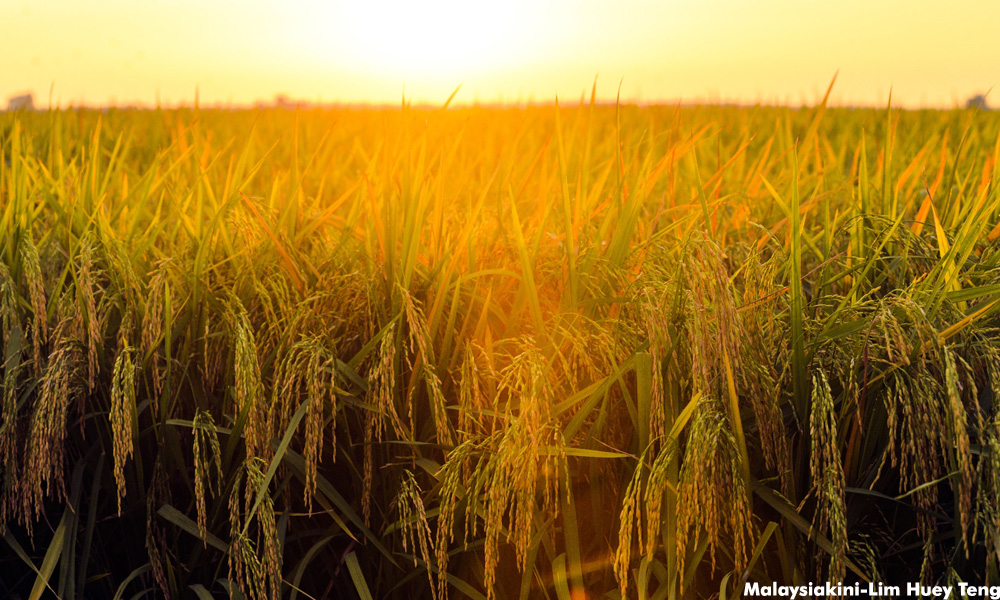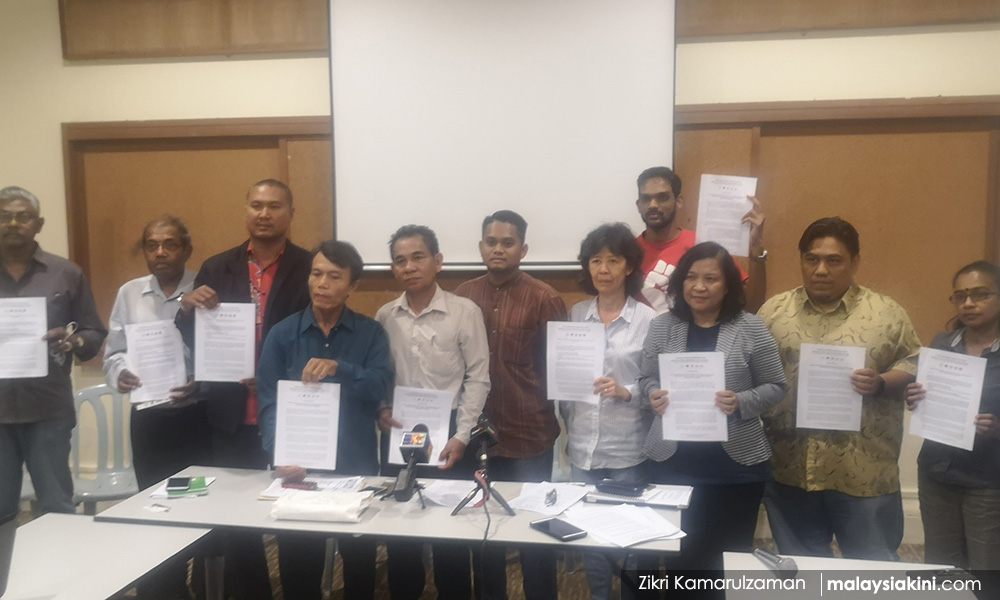
Rice, which is Malaysia's number one staple food, could become more expensive as well as less nutritious and tasty if a new law controlling agriculture seeds is enacted, a group warned.
The Malaysian Food Security and Sovereignty Forum said this is because the proposed seed law could encourage monocultures of crops and an oligopoly by big companies.
"There are only a few strains of 'approved' seeds which are in the hands of private companies. This means that a (business) 'monopoly' could happen.
"As a result, prices might go up, food choices will drop, as will quality in terms of nutrition and taste," forum member Chee Yoke Ling told a press conference in Kuala Lumpur today.

Chee, who is also Third World Network director, said monocultures often have a problem with nutrition, as well as the use of chemicals.
Forum coordinator Fitri Amir said this would affect all types of food crops, including fruits.
While monoculture farming does lead to higher yields, critics claim that planting the same crop repeatedly depletes natural soil nutrients and forces farmers to use chemical fertilizers, which in turn makes crops less nutritious.
It also makes crops more susceptible to pests and diseases, which encourage the use of further chemicals on the plants.
Agriculture and Agro-Based Industries Minister Salahuddin Ayub told Parliament last month that a seed law bill was 99 percent completed and would mainly be used to control the quality of paddy seeds.

While the forum (photo) supported efforts to ensure that seeds planted by farmers are free from disease and of good quality, they have a number of concerns besides monocultures.
Citing seed laws in other countries, they said such legislation would outlaw traditional practices of farmers storing, trading and selling seeds among themselves as what happened in Indonesia between 2004 and 2010.
It could also raise the price of seeds, as seeds would be subjected to lab testing in order to be approved under the law.
According to critics, this could lead to only a few big companies controlling the seed market, leading to a decreased variety of crops available.
The forum said such a law would then contravene international statutes and conventions signed by Malaysia - such as the Convention of Biological Diversity - which protects the rights of farmers and native communities.

The forum has submitted a memorandum on the matter to the offices of the prime minister, deputy prime minister, and the agriculture minister.
The memorandum is supported by over 60 groups.
Malaysiakini has contacted minister Salahuddin's office for comment. - Mkini



No comments:
Post a Comment
Note: Only a member of this blog may post a comment.